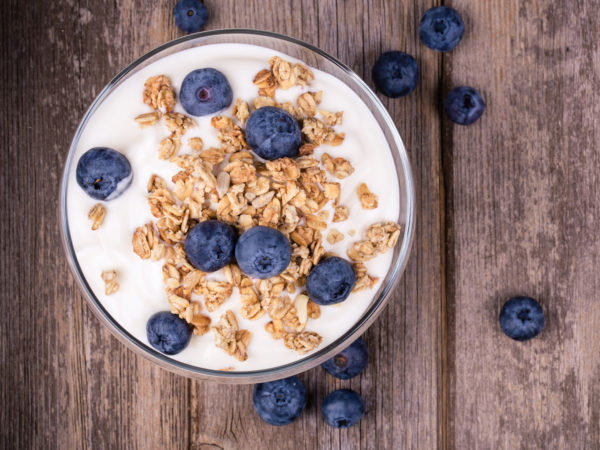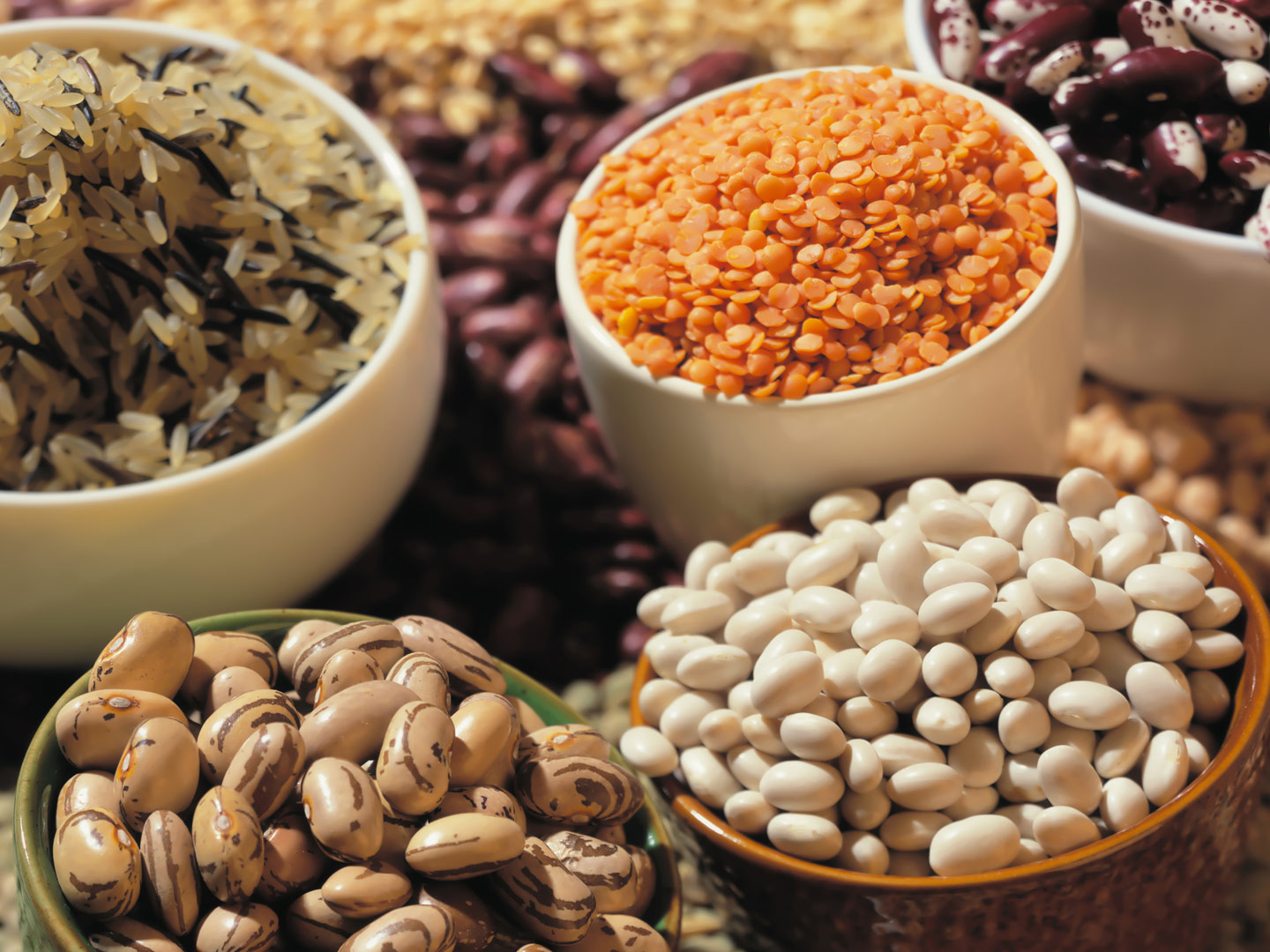The DASH Diet

What Is The DASH Diet?
DASH stands for “Dietary Approaches to Stop Hypertension.” Developed by the National Heart, Lung and Blood Institute, a branch of the National Institutes of Health, it is intended to lower blood pressure without the need for drugs. Research has shown that it works as well as first-line medications for hypertension. By following this diet, you may be able to bring your systolic pressure (the top number) down by 5.5 to 11.4 points and your diastolic pressure (the bottom number) by 3 to 5.5 points. For those with severe hypertension who may not be able to do without medication, following the DASH diet can help by improving responses to antihypertensive drugs.
How Healthy Is The DASH Diet?
In addition to its effect on blood pressure, the DASH diet is recognized for its contribution to other health benefits. Studies have shown it can help reduce blood levels of homocysteine, a toxic amino acid that may increase the risk of heart disease, stroke, and peripheral vascular disease. It has been credited with helping lower cholesterol and is associated with lower risks of breast, colorectal and prostate cancer, as well as diabetes. Adhering to the diet also can help slow the progression of kidney disease and can improve bone health by reducing bone turnover. In women, it has been shown to lower the risk of hearing loss. Some evidence suggests that less depression is associated with the DASH diet than with a typical Western diet.
How Popular Is It?
The DASH diet has been around for more than 20 years but, in spite of its proven benefits, isn’t being widely used. Less than an estimated one percent of the U.S. population follows it. The fact that this diet hasn’t attracted more popular attention may be due to the fact that it involves more shopping, planning and preparing meals than opting for fast food or processed food. The DASH diet is one of several popular diets reviewed on DrWeil.com.
General Principals Of The DASH Diet
The DASH diet was designed to promote a heart-healthy eating style for life. It involves consuming less salt and fat and more fruits, vegetables, whole grains and low-fat dairy products than you may be accustomed to. It is low in saturated fat, total fat, and cholesterol and includes much less red meat and fewer sweets and sugared beverages than the typical American diet.
What Can You Eat?
The DASH diet focuses on vegetables and fruit (four to five daily servings of each), low-fat or nonfat dairy products (two to three servings), whole grains (six servings per day) such as whole wheat bread (one slice is a serving), dry cereal (one ounce is a serving) or cooked cereal rice and pasta (1/2 ounce is a serving). (The number of servings listed here are based on an 1,800 calorie per day diet but in some cases daily calories can range as high as 3,000.) The diet also includes two small servings of fish or poultry daily as well as four to five small servings of nuts, beans, or seeds per week. It limits sugar-sweetened beverages and sweets and cuts back sodium intake to 2,300 mg daily or 1,500 mg (if desired). Most of the sodium in American diets doesn’t come from the salt you add to your food but is already packaged in processed and prepared foods, such as breads, cold cuts, pizza, poultry, soups, sandwiches, burgers, cheese, pasta and meat dishes, and salty snacks.
How Many Calories?
The number of calories you can consume daily on the DASH diet depends on your age and the amount of physical activity you’re accustomed to, as well as whether or not you want to lose weight. For women, daily calories range from 1,600 for those who are age 51 or over and sedentary to 2,400 for active women between age 19 and 30. For men, calorie limits range from 2,000 for sedentary men age 51 or older to 3,000 for active men age 19 to 30.
What Do Doctors Say?
The DASH diet is very well accepted by physicians and nutritionists as a proven means of lowering high blood pressure and as one of the best diets available for overall health. It has been endorsed by the American Heart Association, the Mayo Clinic and the U.S. guidelines for treatment of high blood pressure.
Dr. Weil’s Take On The DASH Diet:
Dr. Weil recommends the DASH diet and notes that whether you’re trying to lower blood pressure or simply want to eat a healthy, balanced diet, you’ll realize considerable benefits by following it.
Source:
“DASH Eating Plan”, National Heart, Lung and Blood Institute, nhlbi.nih.gov/health-topics/dash-eating-plan
Learn more from the National Heart, Lung and Blood Institute, a branch of the National Institutes of Health.


















